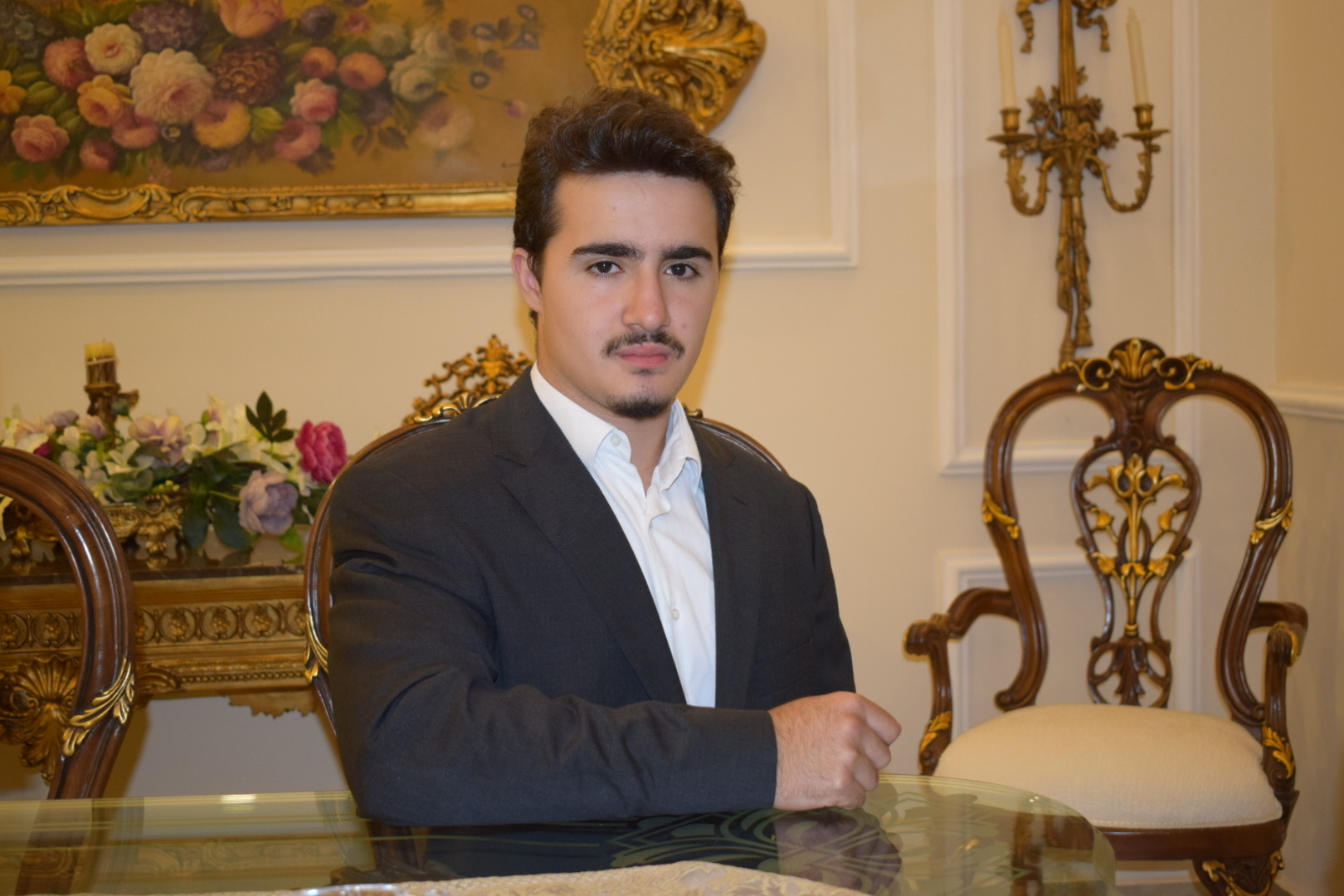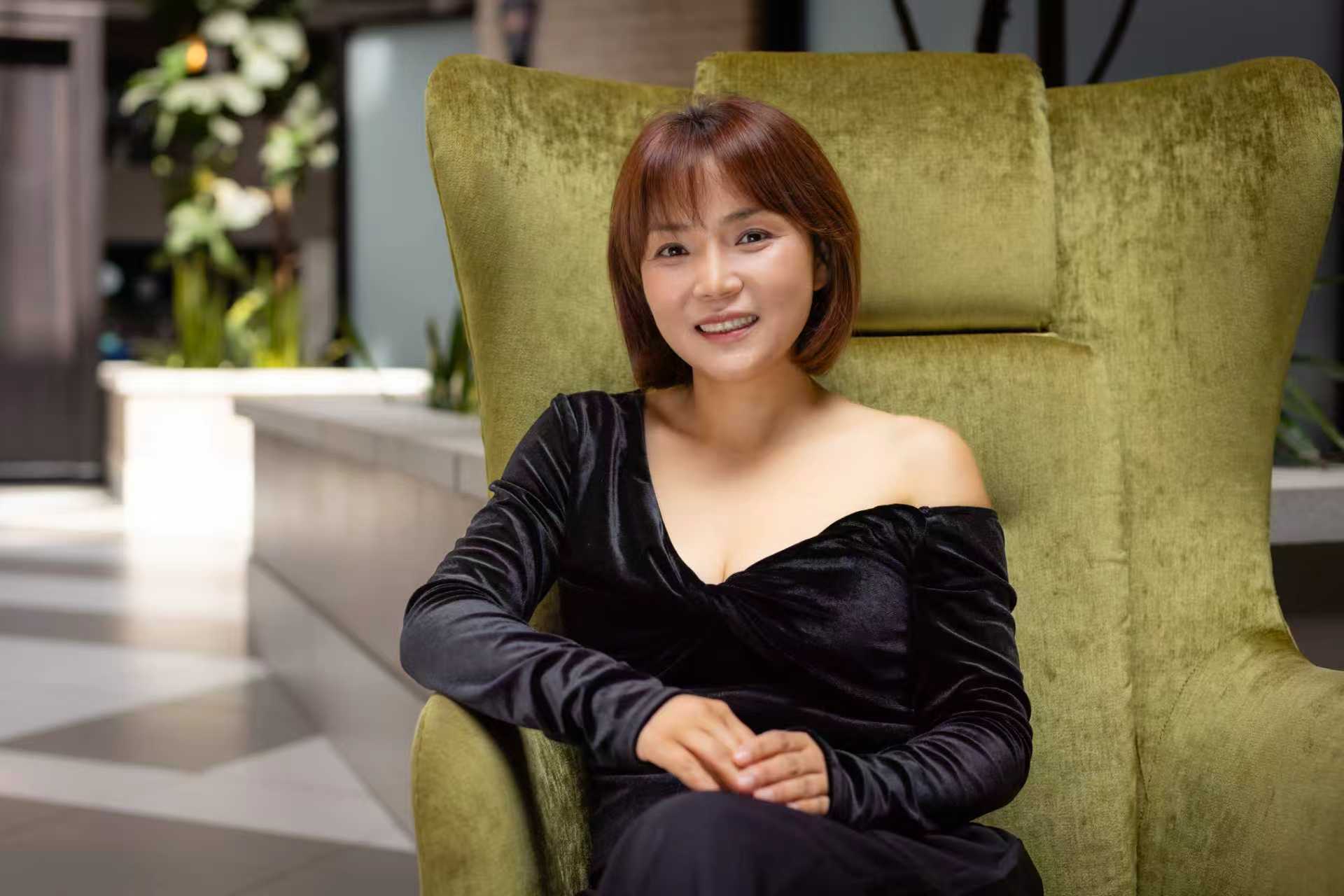We caught up with the brilliant and insightful Jerry Barrish a few weeks ago and have shared our conversation below.
Jerry, thanks so much for taking the time to share your insights and lessons with us today. We’re particularly interested in hearing about how you became such a resilient person. Where do you get your resilience from?
Resilience, a really powerful word.
I think I was born with it.
I don’t recall a time in my life where I let obstacles get in my way. I think I might have gotten it from my father, who was a professional boxer. If you get resilience through genetics, I got it from my father.
If it’s learned, it’s self-taught resilience.
I have had a fear of failure in everything I’ve ever done. I didn’t want to fail.
When I went into the bail-bonds business, it was scary because I didn’t know anything about bail-bonds, I was supposed to be trained and they never did. I had to learn how to do it on the seat of my pants. Everyone said I would never last six months, I lasted 52 years.
Resilience as an artist, that’s a different story. No one loves my work more than I do.
The fact that I love what I’m doing and I love the results, I don’t have a problem with negativity or rejection, because I really believe in what I’m doing.
I don’t know if that’s resilient or not, but it sure gets by a lot of the negativity that I have to deal with.

Appreciate the insights and wisdom. Before we dig deeper and ask you about the skills that matter and more, maybe you can tell our readers about yourself?
I am sculptor working with found objects. I focus on plastic refuse. It all started with plastic objects and trash cleaned off of the beaches.
As I started putting the found plastics together to make little collages and stuff, the material really started to work for me. While at the Art Institute [Barrish received his MFA from the San Fransisco Art Institute in film], I learned that the hardest thing for artists to do is to find their own voice and make that voice unique. So my work is in no way derivative of other artists. I happen to be very fortunate that I found an outlet that makes my work quite unique. I still haven’t seen anybody doing what I’m doing, and I really look at the material as real, as precious as stone or marble or bronze. I don’t see myself as an environmental artist, even though I know my work triggers environmental discussion and awareness.
I am represented by Tuleste Factory in New York. I am so grateful to Satu and Celeste [Greenberg, owners of Tuleste Factory]. They believe in the work. Being represented by them is one of the most important milestones of my creative life. Like most artists, affirmations are really important. Recognition is really part of the process. And this whole thing with New York and Tuleste gives me a new audience.
I’ll have a solo presentation of my work at their booth at the fair Salon at the Park Avenue Armory in November.

There is so much advice out there about all the different skills and qualities folks need to develop in order to succeed in today’s highly competitive environment and often it can feel overwhelming. So, if we had to break it down to just the three that matter most, which three skills or qualities would you focus on?
1. Don’t let the art world dictate what you create. I would say get a job and make your art. Do what makes you happy and make sure that you have enough income that you don’t have to prostitute yourself by doing things focused on income. That will come later if you are good. I was fortunate enough to start a bail bond company when I was 22 years old, and that gave me independence.
2. Find your own unique voice. If you are lucky enough to get to the point where I am, that no one loves my work more than I do, it is a great buffer against setbacks.
3. Get your education. One thing in the Jewish culture that was really always hanging over my head was education, education, education. Even though I owned a successful business, I didn’t feel good about myself until I completed my BFA and MFA programs at San Francisco Art Institute. I can’t tell you what impact it had on my life in terms of personal affirmation.
And I will also say, if you’re truly an artist, you don’t have any choice in the matter (about being an artist.)

Thanks so much for sharing all these insights with us today. Before we go, is there a book that’s played in important role in your development?
I recently read “Get the Picture” by Bianca Bosker. I can’t recommend this book enough for anyone working in the art world today.
Contact Info:
- Website: https://jerrybarrish.com
- Instagram: https://www.instagram.com/jerryrossbarrish
- Facebook: https://www.facebook.com/jerryrossbarrish



so if you or someone you know deserves recognition please let us know here.




